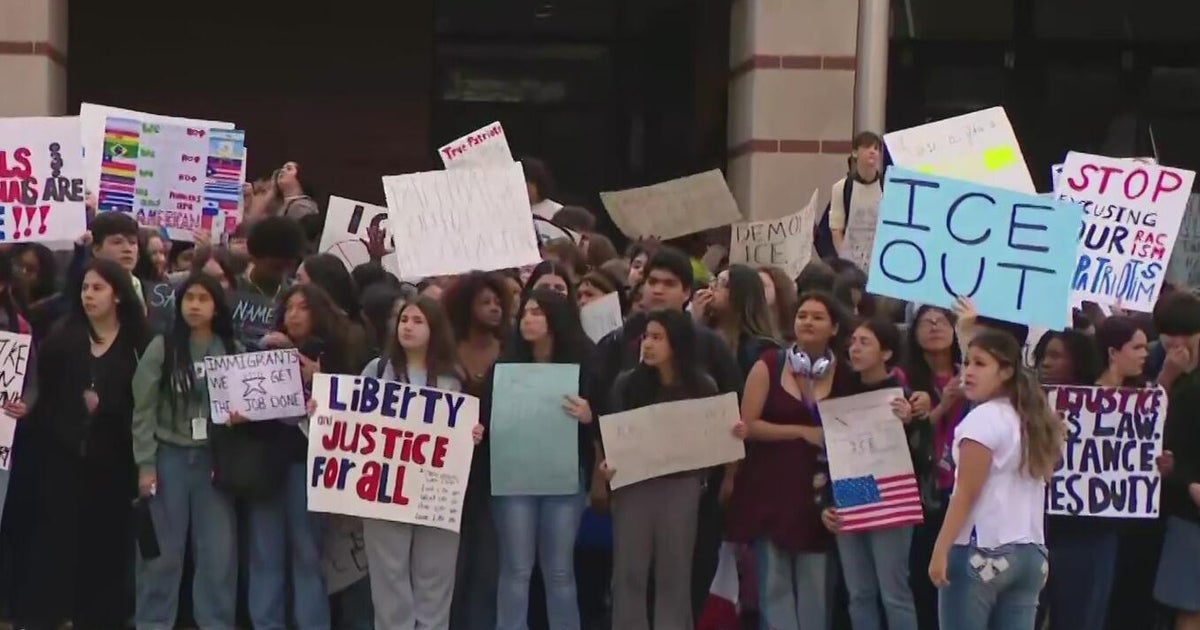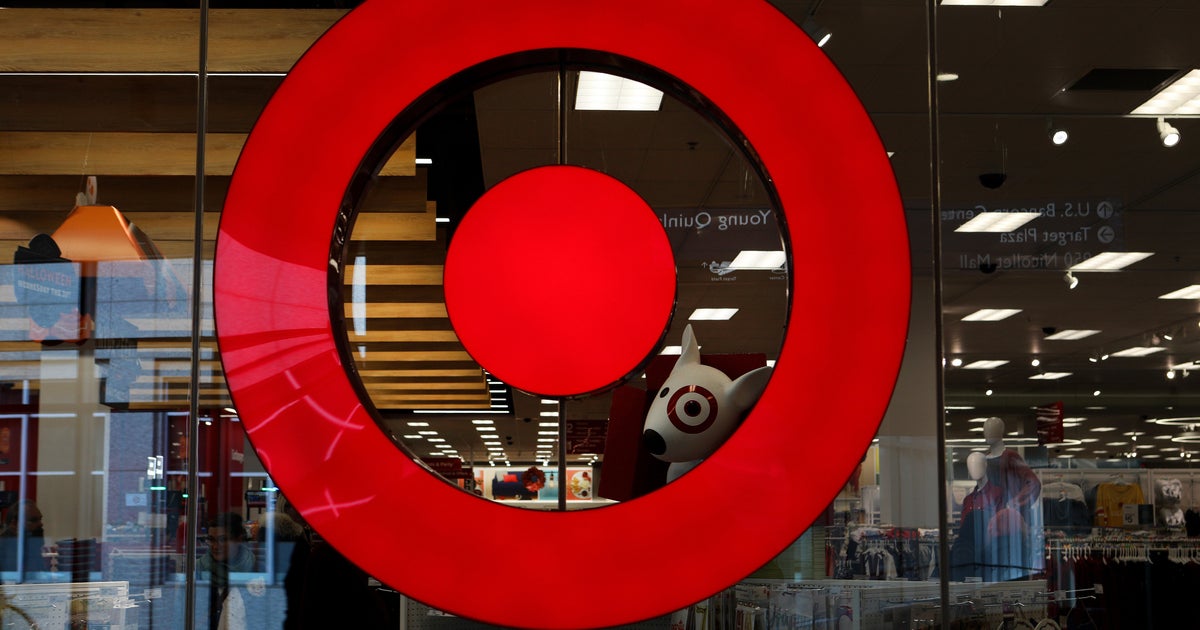Starbucks Closes Stores, Asks Workers To Talk About Race
DALLAS (CBSDFW.COM) - Across the nation and North Texas Tuesday, Starbucks closed its stores to conduct racial bias training for employees.
The move follows a racially-charged incident caught on camera in Philadelphia last month that the company's executive chairman has called "reprehensible."
"Most of the time, I'm hopeful," says Tracy Brown, President of Intentional Inclusion, Inc. "And [yet] every time I read a story or see an event, it still breaks my heart."
Brown earns a living helping her clients navigate the touchy and potentially treacherous issues of race, bias and inclusion. She's watching the Starbucks crisis carefully and says awareness must be paired with action.
"If the content is, 'these are some of the ways it shows up... now here's what we want you to do about that for yourself and here's how to respond or react if it shows up in you or your coworkers', then it's a worthy investment."
Some Dallas businesses agree.
"We believe it really is working," says Cheryl Flynn, SPHR, Senior V.P. and Chief Human Resource Officer for Methodist Health System.
About 5 years ago, Methodist vegan what they describe as an intentional effort to embrace and represent the diverse community the system serves and also be inclusive.
"There's a quote we like to use, 'diversity is being invited to the dance; but, inclusion is being asked to dance'," says Flynn.
Methodist officials also say the effort often dismissed as 'feel good nonsense' by critics has paid off-- improving the workplace culture and also impacting the bottom line.
"We've decreased our turnover of our employee population," says Lynn. "It was at 44 percent, we've got our first year turnover down to 20 percent."
The chain's inclusion efforts recently netted some national recognition: it was listed by Diversity, Inc. as being the No. 2 most inclusive health system in the country.
Still, Flynn says the intentional effort that started with the system's top leaders also grew from a desire to simply do the right thing: and in so doing also improve the patient experience.
"You want to be the employer of choice," says Flynn. "We want to be recognized as creating that environment where people really want to come to work and stay here."
And ultimately experts say, inclusion comes down to this: "Bigotry is bad business," says Brown. "I think that you should make a t-shirt with that."







